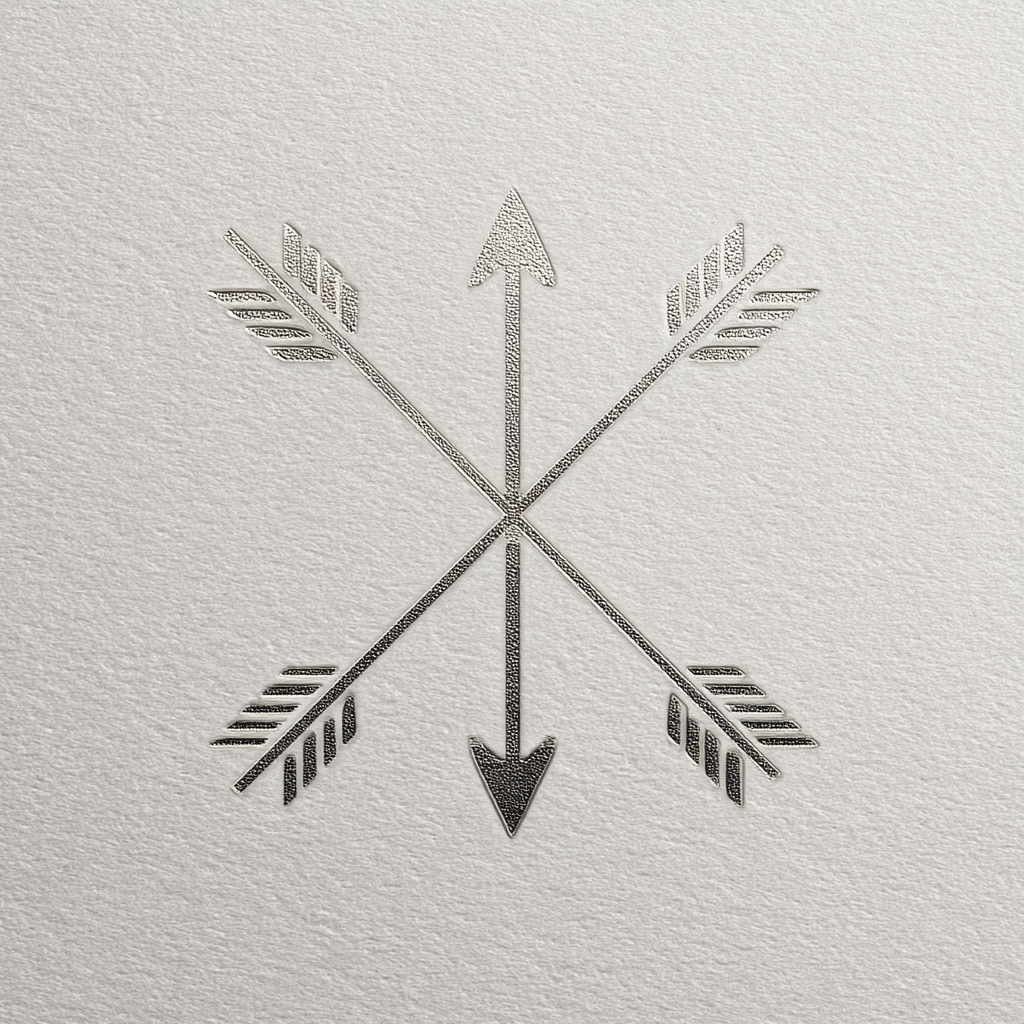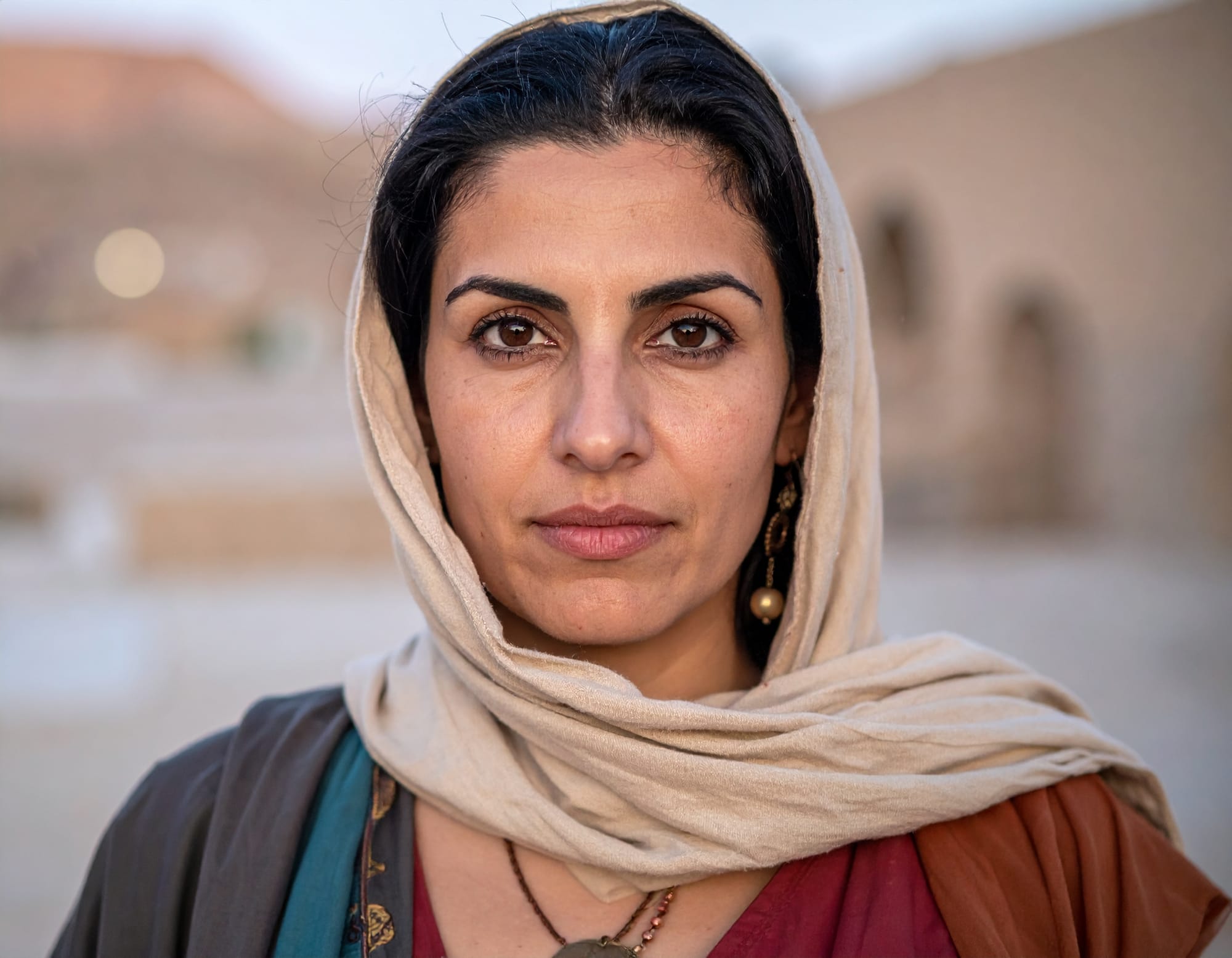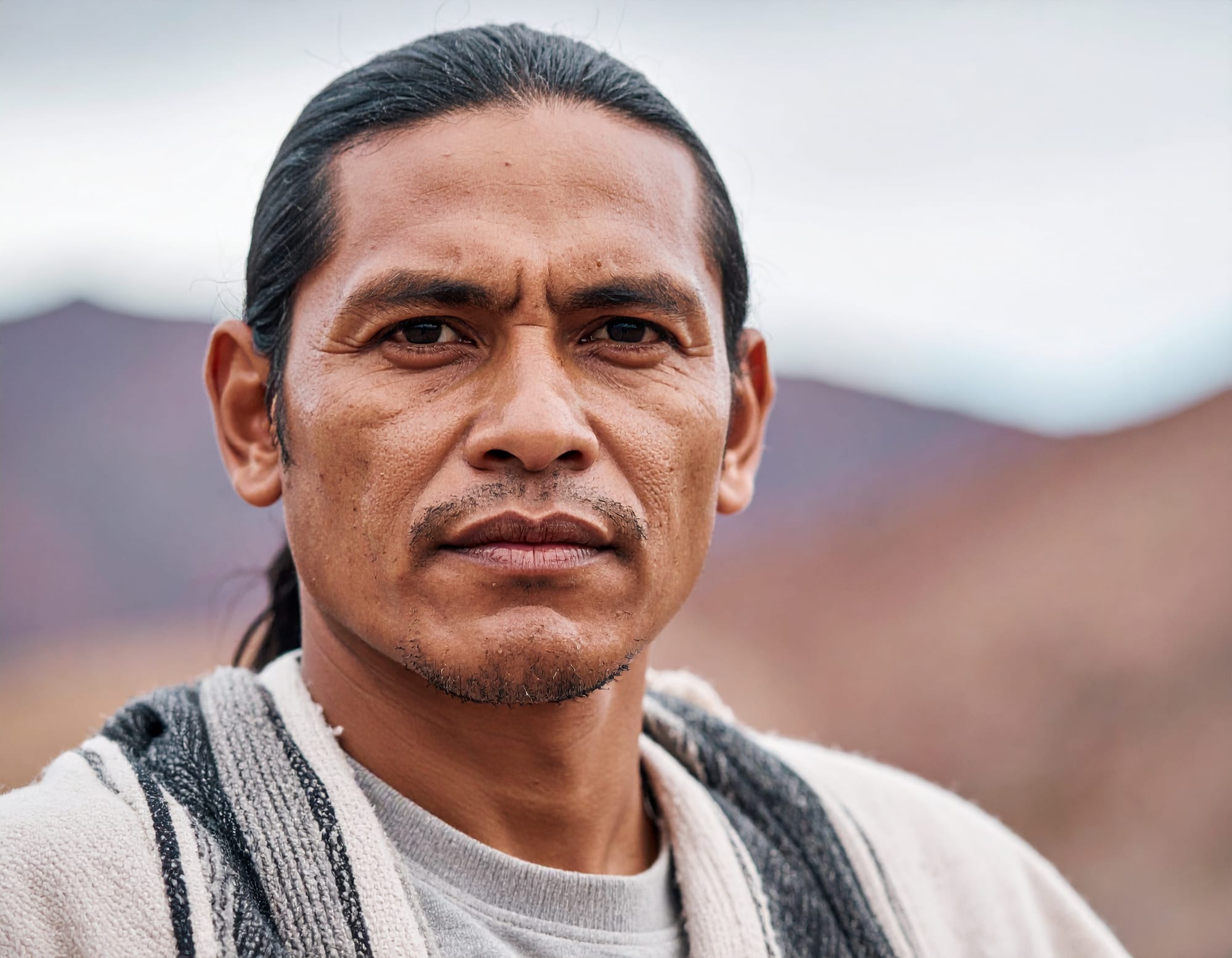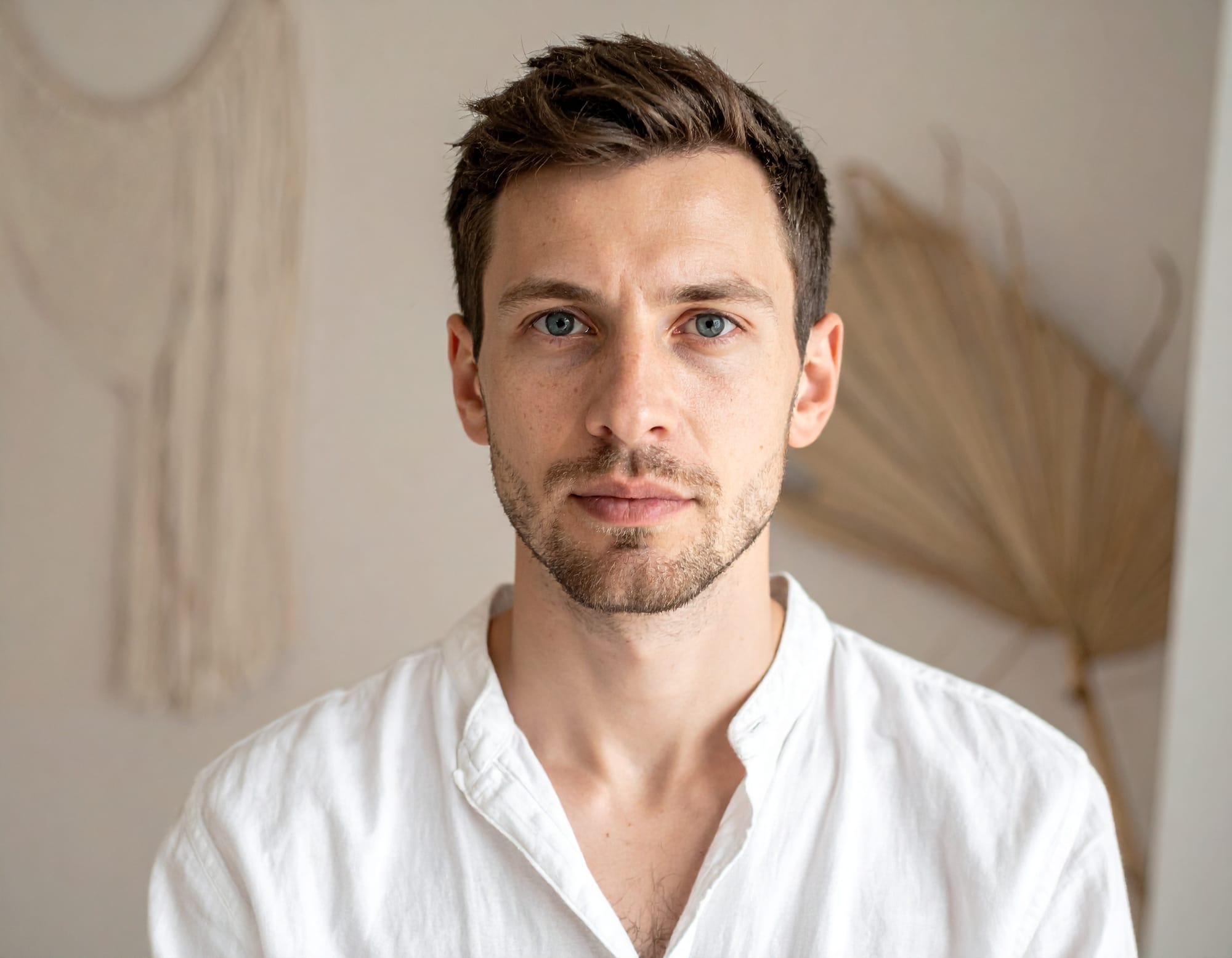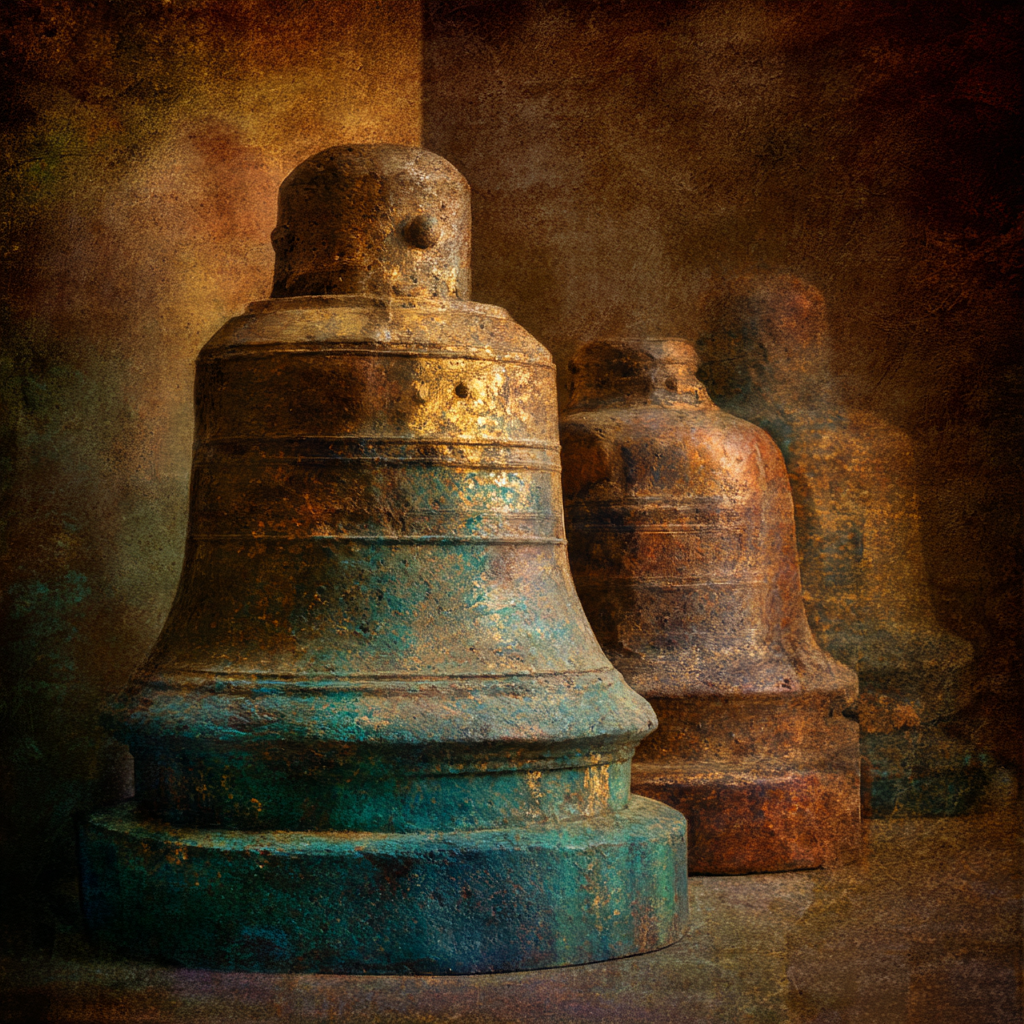The ancient wisdom keepers understood something profound about the feminine experience: that certain transitions require more than medical intervention and they call for sacred recognition. Across cultures, the womb has been honored not just as a physical space but as a center of deep knowing, holding both creation and release with equal reverence.
The Quiet Nobody Talks About
There’s a certain silence that surrounds reproductive trauma. Not an empty silence, but one filled with all the things we’re not sure how to say. The things we fear might make others uncomfortable and the things we carry quietly, even when they’re loud inside us.
I had a termination.
Even now, those words land with weight. They carry relief and grief. Power and pain. A strange clarity, a quiet ache, all of it, layered inside me, still living in my body even after time has passed.
For a while, I didn’t know how to hold it all, to be honest, I didn’t even know I could. There wasn't language or space or safety to explore the full truth of what I’d been through.
But my body knew, my womb remembered and my spirit did too.
And even though I made the right decision with care and self-love, the imprint of that experience stayed with me long after the physical part was over.

Reserve your private session
When Grief Has No Name
Termination is so personal, and yet society feels as though they have a right to judge your decision.
For some women, there’s peace. For others, a heartbreak that doesn’t always make sense and for most of us, it’s both.
I didn’t realise I was grieving at first. No one really talks about grief in this context especially not when it’s a choice. Not when there’s relief involved. The world doesn’t leave much room for both and there's this unspoken energy that makes you feel as though you don't have permission to grieve something you wanted. That you shouldn't be upset, because it was your choice. But just because we choose something due to our circumstance, it doesn't mean we don't have the right to be upset about it.
Due to this judgement, I stayed quiet and I carried it alone. There was no ceremony, no acknowledgment, no pause. Just the unspoken expectation to get back to normal, fast.

Reserve your private session
But my womb didn’t want to move on, she wanted to be seen and she wanted to be heard.
The Body Doesn’t Forget
Reproductive trauma doesn’t always show up in loud, obvious ways. Sometimes it lives in tension we can’t name, in exhaustion that lingers, in the way we disconnect from ourselves without even realising and the way we jump back into life, pretending we are fine.
In most cases, the body grieves what the mind is trying to explain away, especially the womb. Whether it’s still physically present or not, the womb space holds so much. Creation, endings, intimacy, violation, birth, loss, joy, fear. It’s all there, and when something big happens, like a termination, that energy doesn’t just evaporate, it doesn't just disappear because you've convinced yourself that you're fine.
Science is finally catching up to what so many indigenous cultures and healers have always known. Trauma isn’t just in our minds, it lives in our bodies. And healing needs to include our bodies too.
Finding My Way to Ceremony
I have been facilitating bodywork in one way or another for the most part of my career and when I experienced reproductive trauma, I did the exact opposite of what I tell people to do in these moments of tragedy, I shut myself off and dissociated myself from my situation because it was the only way I could get through the pain, both physical and emotional. But I knew that I would have to make space, I would have to listen when I was ready to do so.
So I lit candles, I sat in stillness, I cried and I reconnected with my womb space through movement, sound and breath. I made space to really feel, embody and release my trapped emotions. And slowly, something softened. Something released. Not all at once, but in waves. In breath and in trust.
Why It Matters
Termination is not just a medical event, it’s a turning point, a moment of transformation. And like all rites of passage, it deserves presence and compassion.
Ceremony isn’t about making something sacred that wasn’t. It’s about remembering that it already was. That you are.
It gives us a way to mark what the world doesn’t always see. To hold space for what was lost, shifted, or let go. It’s not about shame or guilt, but about honoring truth. About reclaiming the parts of ourselves that felt too tender to touch.
In that space, I remembered something I had forgotten, that my womb isn’t a site of shame. She is a place of wisdom, of deep knowing and of great strength. She holds grief, yes, but also regeneration.
To Anyone Carrying This
If you’ve experienced reproductive trauma, whether through abortion, miscarriage, stillbirth, or something else, whether recently or years ago. I want you to know this:
You are not alone, your story matters and your body deserves gentleness. Your grief, your relief and your confusion are all welcome here.There’s no right way to heal, no timeline and no rules.
Maybe for you, healing looks like a warm bath held with intention, maybe it’s creating a small altar and maybe it’s a walk in nature, or a ceremony with others who understand. What matters is this, you get to mark it and you get to hold your story with love, in your own way, on your own terms.
And when you do, when you return to yourself with kindness, something begins to shift and you begin to come home to your body, to your truth and to your power.
Through my practice on Munay, I offer womb clearing and trauma assistance for those ready to honor these sacred transitions. Because healing is both ancient art and deeply personal journey. Because coming home to your body is coming home to your power.





